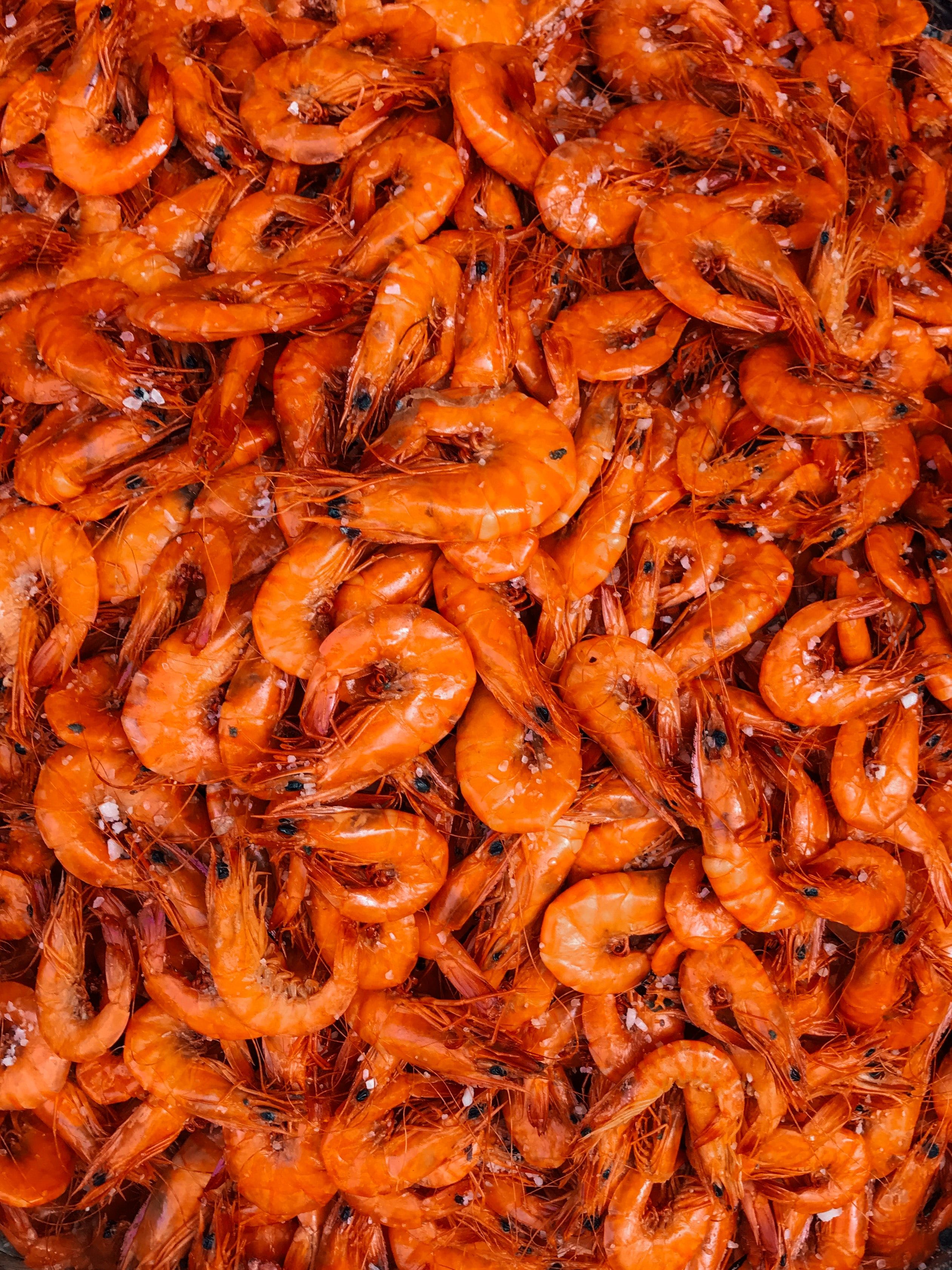The SUBMARINER Network in Lithuania
The blue bioeconomy means value creation based on sustainable and smart use of renewable marine and freshwater resources. The blue bioeconomy serves as a platform for developing businesses that are closely linked to this specific knowledge and expertise.
4 key sectors of the blue bioeconomy in Lithuania include offshore energy and aquaculture, marine spatial planning and sustainable port development, offshore and onshore aquaculture and blue biotechnology.
In the Lithuanian and regional context Klaipeda has an exceptional role as a booster of the important processes and projects, connected with the for blue (bio)economy. Along with the other 3 sectors Klaipeda's focus on the blue (bio)economy is declared in the Klaipeda City Economic Development Strategy 2030, which was created and will be implemented by a joint team of the Klaipeda City Municipality, the Port of Klaipeda, Klaipeda University, Klaipeda Science and Technology Park, Klaipeda Free Economic Zone and other organizations.
Having strong shipyard, which is one of the largest marine engineering corporations in the country, Lithuania successfully uses this potential, competences and expertise for developing ambitious projects in the field of the offshore energy and aquaculture – complex technological solutions include designing and building constructions for the offshore platforms of the wind turbines, aquaculture barges etc. Currently, the Western Shipyard group incorporates 20 companies that specialize in different fields of activities.
Klaipėda city is one of the major Lithuanian economic engines and the centre of industry and services, located in the heart of a competitive transport corridor, featuring a development-oriented ice-free port. More than 800 economic agents are directly related to the operations of the port of Klaipėda. The port and the enterprises related to its operations provide more than 58,000 jobs and 6.13 % of the Lithuanian GDP. Activities of the Seaport authority and companies, located in the seaport, are closely linked with the maritime spatial planning and sustainable port development.
Lithuania aims to help develop marine biotechnology as one of the most promising areas of the blue economy. Along with the interest and activity of startups in this field, there is a growing need for specialized consultations and research in this field, so the role of the Marine Research Institute, which is based in Klaipėda, is of high importance. Laboratories equipped with the modern technologies, Klaipėda university scientists, experience in the international projects and well-developer bonds makes this institute a valuable resource seeking to unlock the opportunities of the marine biotechnology.
Development of the offshore and onshore aquaculture is also seen as a perspective sector in Lithuania. Increasing energy efficiency and the use of the renewable energy in the closed recirculation systems, creating conditions for the farming of species that can open new markets and fetch higher prices are seen one of major focus points and challenges in the longer-time perpective.
The National Association of Aquaculture and Fish Product Producers unites 17 members of the Association that mainly raise fish in ponds and 2 of the members – in closed aquaculture systems.
Members of the Association manage about 9 640 ha of fishery ponds, various real buildings and a large number of machinery, mechanisms and equipment for the needs of aquaculture business. Using all of this, up to 5.5 thousand tons of commercial fish can be produced and about 1 600 tons of valuable juvenile fish maybe be raised per year. It accounts for about 98% of the total amount of fish produced in Lithuania. Members of the Association produce more than 1 000 tons of organic fish per year.
Klaipėda Science and Technology Park (KSTP) and Klaipėda University have a particular role of accumulating and sharing valuable knowledge in the field of the aquaculture – as founders of the Aquaculture Competence Center in Klaipėda and sucessfully working together at the Experimental base for shrimp farming.
Key networks and actors

Reports and national websites
SUBMARINER Network for Blue Growth EEIG
Kärntener Str. 20
DE–10827 Berlin
Germany
+4930832141740
This email address is being protected from spambots. You need JavaScript enabled to view it.




